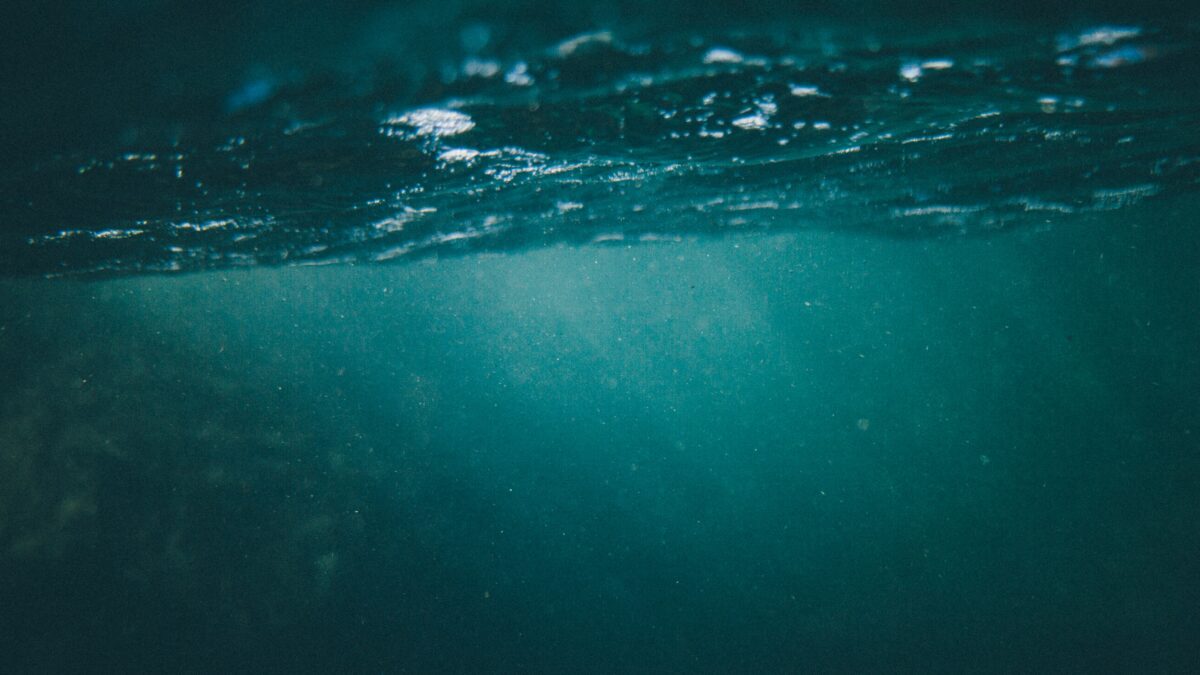BLOG
Reuse of treated wastewater (RTWW): publication of terms applicable to crop irrigation

In the decree of 18 December 2023, the French government set the conditions for the production and use of treated wastewater for crop irrigation. Based on the EU regulation of 25 May 2020 on minimum requirements for water reuse, this decree lays down the conditions for agricultural irrigation and sets water quality thresholds according to use. The decree sets out the conditions for carrying out risk assessment and management by the petitioner. These requirements are designed to protect human and animal health as well as the environment. Furthermore the decree introduces prevention and monitoring measures on a case-by-case basis. The decree came into force on 29 December 2023. You will find details of its provisions below.
The various uses permitted for treated wastewater are listed in Appendix I.
Here are the main provisions of the order:
I – Types of treated wastewater (Article 1)
According to the decree, the types of treated wastewater concerned are those from installations described under Section 2.1.1.0 (collective wastewater treatment systems and non-collective wastewater treatment installations) of the nomenclature defined in the Appendix to Article R214-1 of the Environmental Code:
With a gross load of organic pollution greater than 1.2 kg of five-day biochemical oxygen demand (BOD5) per day;
And for which the treatment levels set by the authorisation order or the special requirements order are complied with.
II – Limits on the reuse of treated wastewater
The decree excludes treated wastewater from (Article 1):
A treatment plant connected to an establishment subject to the regulations governing classified installations under Sections 2730 or 2731 or 3650, except in cases where this water is thermally treated at 133 °C for 20 minutes under a pressure of 3 bars before being discharged into the collection network;
An installation classified for the protection of the environment (ICPE).
According to Article 7, the use of treated wastewater for crop irrigation is prohibited:
On land saturated with water;
Within the protection perimeter of a water catchment intended for human consumption (unless otherwise advised by an hydrogeologist qualified in public health matters);
Within a sensitive area for water use as defined by order of the local mayor or prefect (such as a public water catchment used for human consumption, shellfish farming site, swimming area, well or borehole drilled for domestic water use, etc.).
III – Authorisation request
The decree states that the request for authorisation to use treated wastewater must include an application justifying “the benefits of the project in relation to environmental issues, and demonstrating its compatibility with the protection of human and animal health as well as the environment” (Article 3). This application shall include the documents listed in the decree of 28 July 2022 on the request for authorisation to use treated wastewater, as well as those referred to in Appendix IV of the aforementioned 2023 decree.
This application includes an assessment of the health and environmental risks as well as the associated preventive and corrective measures (Appendix III). Any activity requiring special protection in the vicinity must also be taken into account (bodies of water, aquaculture ponds, shellfish farming, etc. (table 7 in Appendix III)). This assessment must also justify, where appropriate, the choice of barriers created (Appendix I and Article 5).
IV – Implementation of wastewater reuse
An obligating document must be drawn up, detailing the responsibilities of each stakeholder (producer, manager of treated wastewater storage facilities and of the distribution network, users) (Article 3).
Furthermore, users of treated wastewater must draw up a use programme (Article 8). This may be done on an annual basis if the type of use differs from year to year (Article 13).
A digital health logbook is kept by the producer and the user(s) of the treated wastewater. It must be sent every year to the local prefect as well as to all stakeholders identified in the application file, on the anniversary date of the commissioning of the project or before January 31st of year n+1. This logbook must also be made available to the local prefect at any time (Article 12).
V – Monitoring
A monitoring programme must be set up to ensure that wastewater use does not adversely impact the qualitative and quantitative protection of water resources, the preservation of soil health and the hygiene of foodstuffs as well as human and animal health safety (Article 9). All details are set out in Appendix II.
Furthermore sludge from the treated wastewater treatment plant must be monitored in the same way as sludge used for agricultural spreading (Article 10).
Finally users of the treated wastewater must carry out a soil analysis at least every 10 years (Article 11).
As a reminder, with decree No. 2023-835 of 29 August 2023, the French government has simplified the authorisation procedure for the reuse of treated wastewater and defined the conditions for using rainwater for non-domestic purposes. This decree repeals decree No. 2022-336 of 10 March 2022 on the uses and conditions of RTWW. The decree came into force on 31 August 2023.